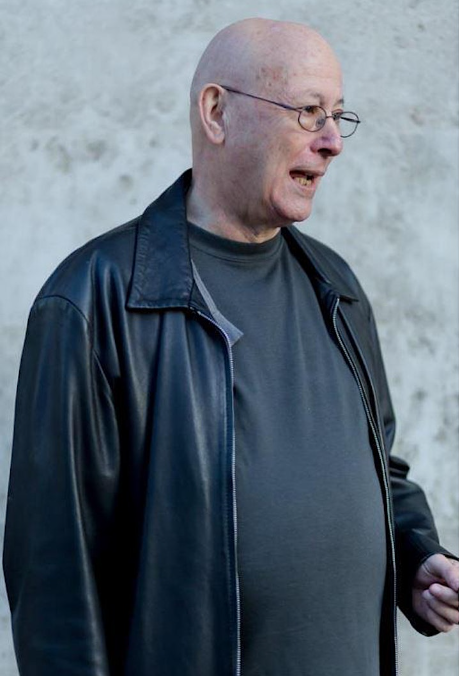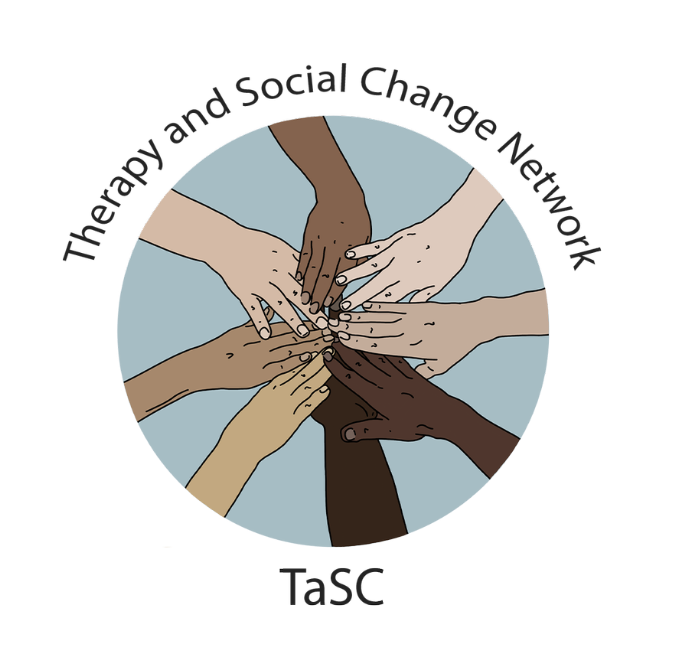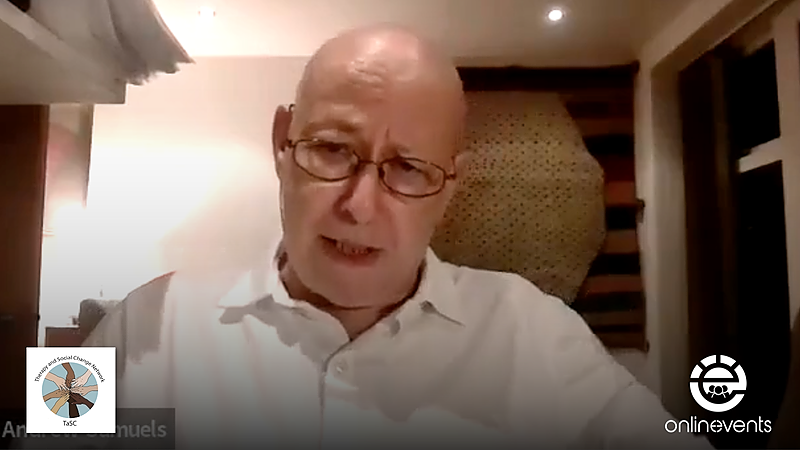Does the ‘political turn’ in psychotherapy and counselling do more than make the therapists feel good about themselves?
Andrew was a pioneer at working the interface between therapy and politics. His interests have included economic inequality, race, anti-Semitism, masculinity and what he calls ‘social spirituality’. Now, in his mid-70s, he reflects on the strengths and weaknesses of what has emerged. He makes some tentative suggestions about how to convert what we wish for into concrete actions that benefit people’s lives.
This event is included in a series of seminars organised in collaboration with the Therapy and Social Change Network.
Course Content
Organisation
This learning is avaibale in the FREE Student Hub
Presenter

Andrew Samuels describes himself as a relational Jungian analyst. He was the chair of the UK Council for Psychotherapy and co-founder of Psychotherapists and Counsellors for Social Responsibility in 1994. He has worked as a political consultant with leading politicians, parties and activist groups in several countries.
His books include The Plural Psyche (1989), The Political Psyche (1993), Politics on the Couch (2001), A New Therapy for Politics? (20160, and Persons, Passions, Psychotherapy, Politics (2018).

The Therapy and Social Change (TaSC) Network is a broad affiliation of people interested in exploring the interface between therapeutic ideas and practices and social justice perspectives and actions. We are interested both in the ways that counselling and psychotherapy can be practiced with social justice concerns in mind (for instance, tackling unconscious biases in the consulting room), and also in the ways that therapeutic principles and practices can be extended out to the wider social realm (for instance, developing social and emotional literacy in schools).


